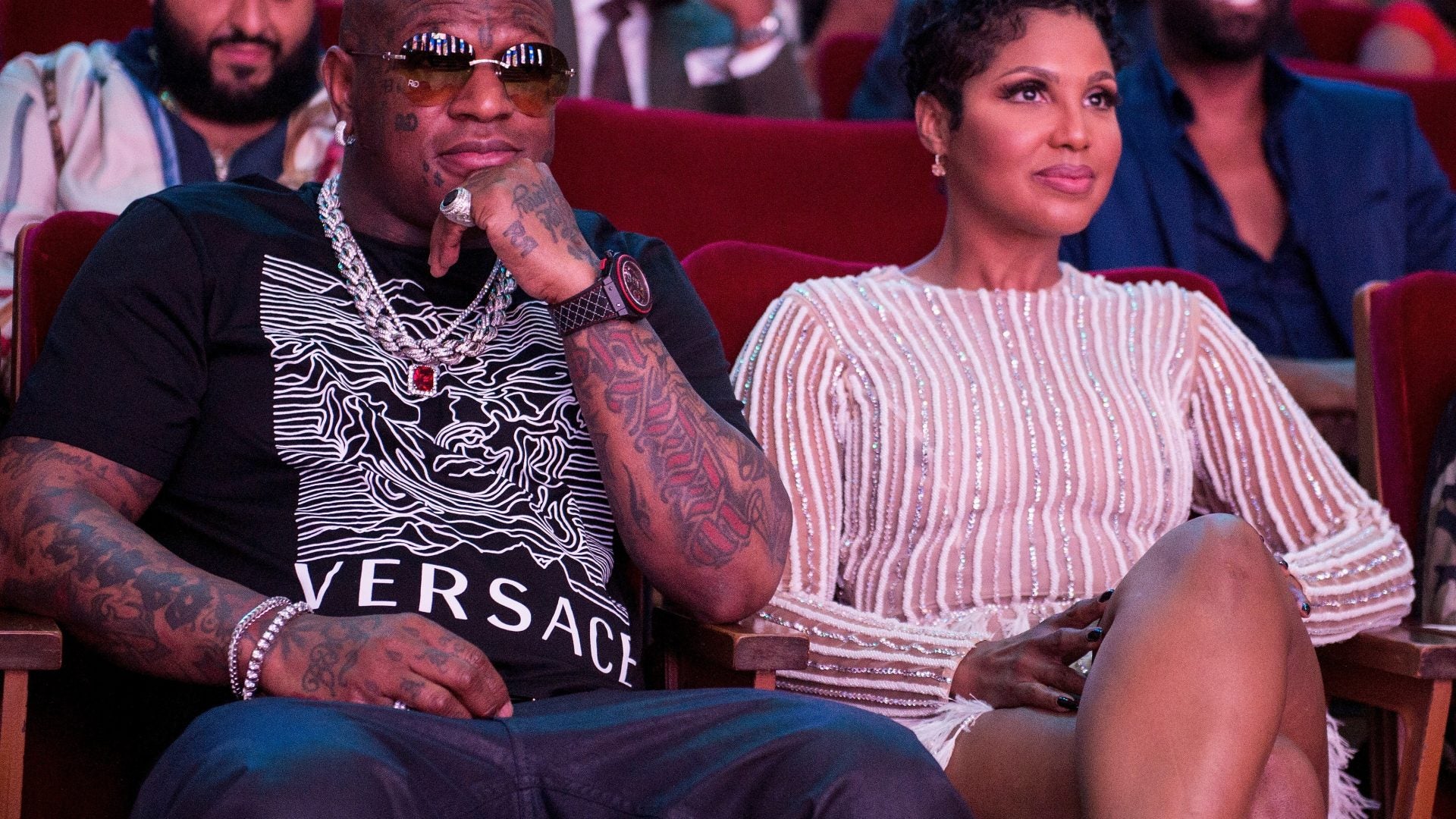
You may be unintentionally settling if you ever feel unfilled, stuck in, or disappointed by your platonic and romantic relationships. According to psychotherapist Natasha Reynolds, some feelings that may arise when you are settling in a relationship are anxiousness, exhaustion, and hopelessness. “Our emotions can be important indicators of our needs. Allow yourself to tune in to what your emotions might be trying to tell you about your needs in your relationship,” Reynolds says to ESSENCE.
You also might notice yourself in comparison mode with other relationships.
“Although comparison can be normal, comparing ourselves to others frequently might indicate that we are feeling unsatisfied in our relationships, which may require further investigation about what unmet needs might be showing up for us,” she states.
If you notice yourself becoming more critical and judgmental of your partner, this might indicate that you are experiencing resentment in the relationship, which can come out as criticism. It is vital to notice this behavior and explore the feelings and needs underneath it all. Getting support from a therapist in this area can help create room for healthy accountability and communication.
You might notice yourself becoming disengaged and feeling indifferent in the relationship. However, it is important to note that there is a difference between settling and healthy compromising.
- Settling happens when we neglect our emotions, needs, values, and expectations to be in the relationship.
- Healthy compromising includes collaborating with curiosity and making decisions informed by our values, emotions and needs instead of neglecting them. This gives us room to make informed decisions about what sacrifices we are willing and not to make in a relationship.
Four tips to help you not settle in your relationships, according to Natasha Reynolds:
Get to know your values in relationships. This means knowing what values are important to you and how you would define these values. Just because you have the same values as someone “written on paper” does not mean you carry out those values similarly. Integrity means aligning your values verbally and through actions. Stay mindful of how the people you partner with profess and practice their values.
Be mindful of what might feel familiar but not suitable for you. Awareness of these patterns can help prevent the repeat of relationship dynamics that are not for you. It can also be helpful to keep accountability around you (E.g., therapy or a trusted friend) to help check in with you during this process.
Be aware of your motives for getting into a relationship. If you are trying to earn your sense of worth from being in the relationship, sometimes you might be operating from a space of loneliness, resentment, or fatigue, which can result in making decisions from a place of lack instead of being informed by what we need and that we are already worthy.
Be intentional in your decision-making about who you partner with and how you assess compatibility. For example, what are your criteria? Are you basing your criteria on superficial elements that fade or on characteristics that last and are aligned with your values?





